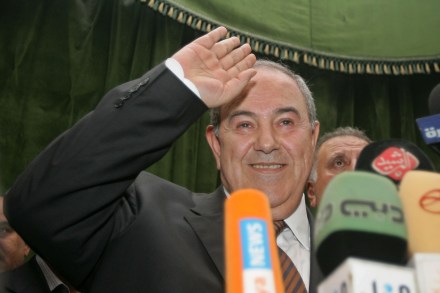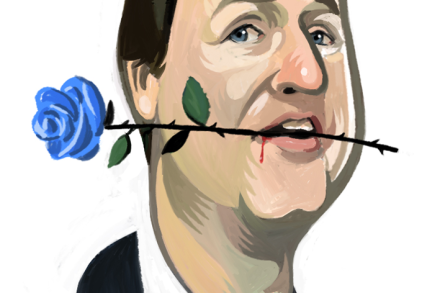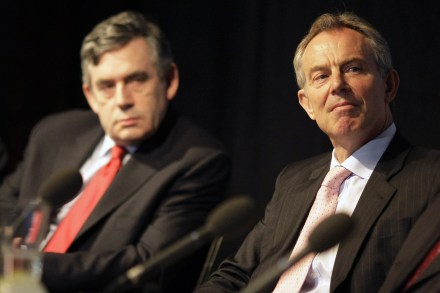Nick Clegg and the 3 am phone call
Compared to many CoffeeHousers, I don’t find the Liberal Democrat’s foreign policy positions as problematic. Nick Clegg is smart, internationalist and has – unlike David Cameron and Gordon Brown (and Tony Blair) – plenty of foreign policy pre-leadership experience. But looking through the Lib Dem manifesto, I came across its pledge on Iran, which is quite problematic for a party that is keen to shed its beardie-wierdie, peacenik image and whose leader may even end up running the Foreign Office. The manifesto says that, on the one hand, the Lib Dems support “action by the international community to stop Iran obtaining nuclear weapons.” But the party also makes clear that






























